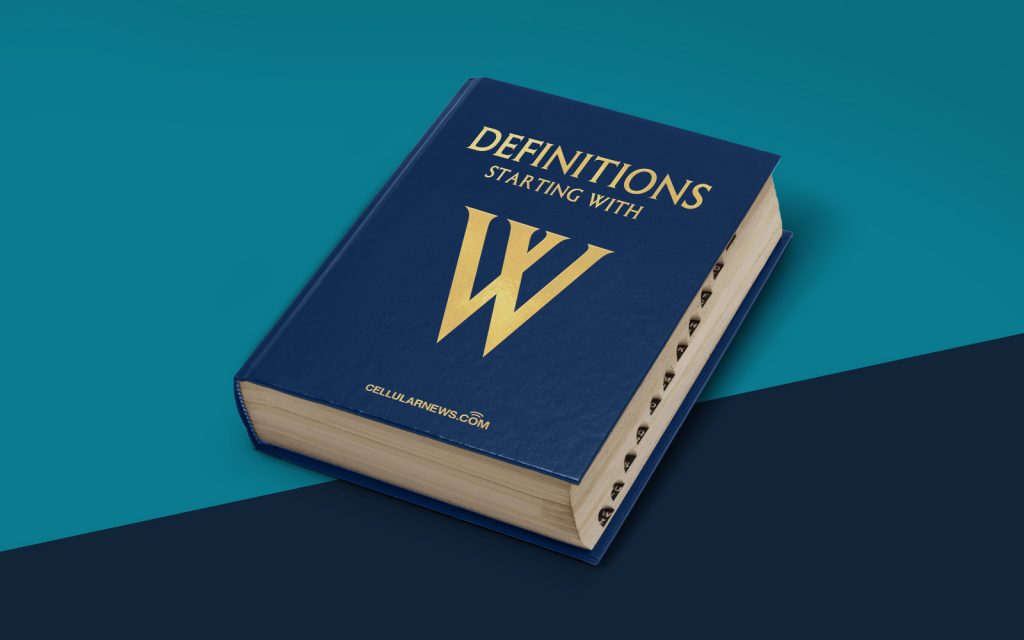
What is Windows 2000 (W2K)?
Welcome to our “DEFINITIONS” category, where we dive deep into tech-related terms and demystify them for you. Today, we’ll be exploring the nostalgia-filled topic of Windows 2000, also known as W2K. So, fasten your seatbelts and get ready to take a trip down memory lane!
Windows 2000, released on February 17, 2000, by Microsoft, was a significant milestone in the world of personal computing. It is an operating system (OS) that played a pivotal role in shaping the digital landscape we know today. But what makes Windows 2000 unique, and what distinguishes it from other iterations of Windows? Let’s find out!
Key Takeaways:
- Windows 2000, also known as W2K, is an operating system developed by Microsoft.
- It was released in February 2000 and represented a major evolution in the Windows family.
So, what set Windows 2000 apart from its predecessors and made it an important milestone in OS history? Here are some key features that contributed to its significance:
- Stability and Reliability: Windows 2000 was built on the foundation of Windows NT, known for its robustness. This new iteration increased system stability, making it less prone to crashes and errors compared to its predecessors, such as Windows 98 or Windows Millennium Edition.
- Enhanced Security: With Windows 2000, Microsoft introduced a host of security improvements. It included features such as Encrypting File System (EFS) to protect sensitive data, as well as a more robust access control system, making it a more secure platform for both home and business users.
- Active Directory: One of the standout features of Windows 2000 was the introduction of Active Directory, a centralized network management system. It revolutionized how administrators managed users, groups, and resources in a Windows network.
- Improved Plug and Play: Windows 2000 brought significant strides in plug-and-play functionality, making it easier for users to connect and use various hardware devices seamlessly.
- Enterprise-Ready: Windows 2000 was designed with business users in mind, offering improved scalability, reliability, and performance. Its advanced networking features made it an ideal choice for organizations of all sizes.
Although Windows 2000 has now been surpassed by more recent versions of Windows, its impact on the evolution of modern computing cannot be understated. It laid the groundwork for subsequent Windows operating systems and played a crucial role in shaping the computing experience we enjoy today.
So, the next time you stumble upon an old Windows 2000 installation disc or hear someone fondly recollect the days of Windows 2000, you’ll know that it was more than just another version of Windows. It was a powerhouse OS that raised the standards for stability, security, and functionality, leaving a lasting imprint on the world of computers.
